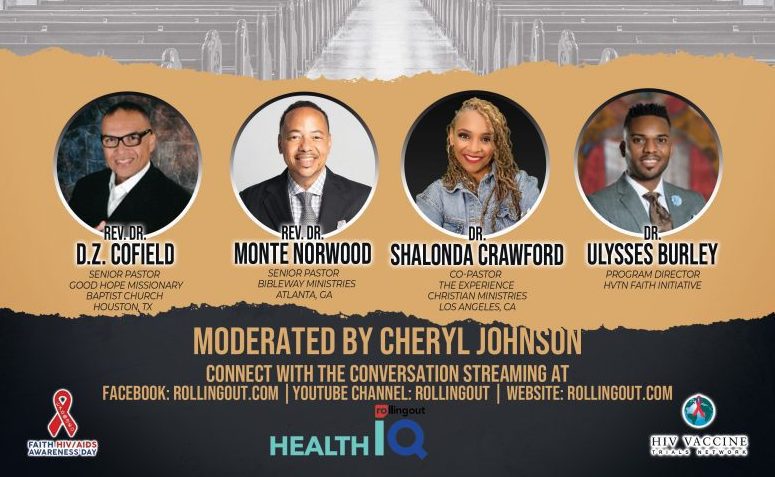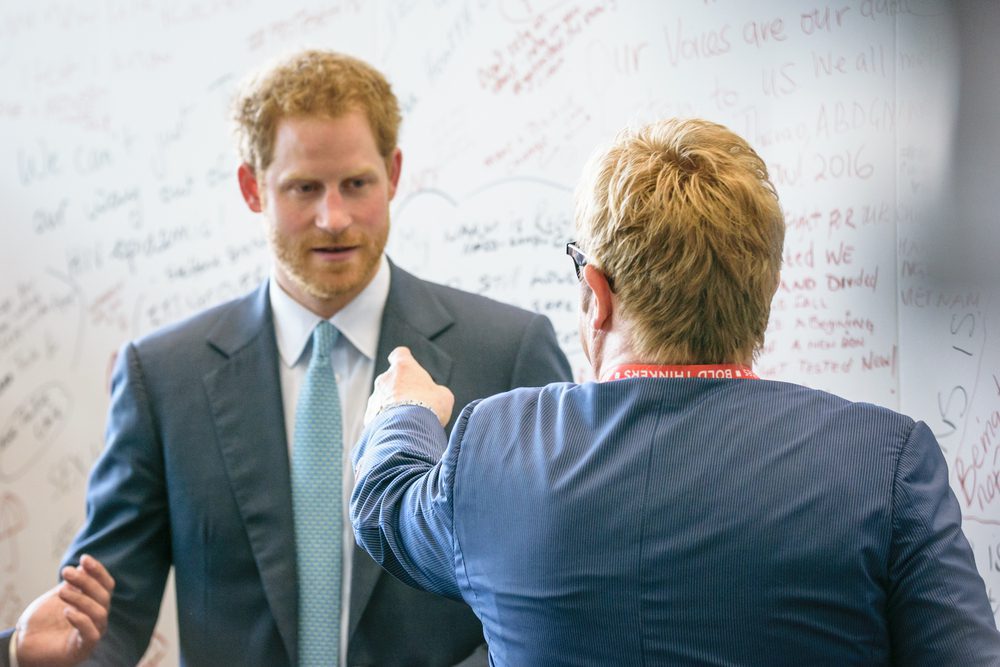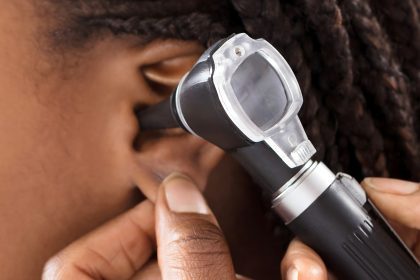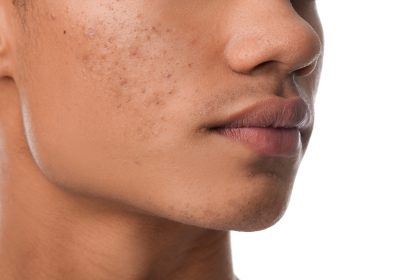
DaShawn Usher is the chair of the Young Black Gay Men’s Leadership Initiative and he’s worked to raise HIV awareness for three years within the organization. Usher spoke to rolling out about what the YGBLI strives to do as it pertains to raising awareness and creating leaders.
“It’s a peer-brand initiative for young, Black gay men between the ages of 18 and 29 who really want to bring health disparities and other aspects that affect young Black men to the forefront,’ he explains. “There are two areas that mainly affect young Black gay men which are policy and advocacy. But this year, we also wanted to expand into other things; including research, media, arts and culture. Things that happen regionally look differently than things that happen on a national scope. We really wanted to highlight that.
“Each year, we want to do a summit where we bring together young, black gay men from across the country for a two-to-three day leadership extensive, community-building experience. We want to equip them with the tools to personally and professionally go back into their communities and make changes there.”
For Usher, his experiences with the summit directly inspired him to take a more active role within the organization and as an advocate.
“In 2012, I was a participant at the first summit and after attending, I really wanted to get involved with the organization,” he says. “I’d been to conferences and workshops before, but I’d never seen training that encompassed other things besides just HIV facts or just leadership. It was a mixture. So I applied to be on the organizing committee and since 2013, I’ve been in a leadership role within the organization.”
Usher also urges individuals to not treat HIV testing as compensation for reckless behavior.
“One of the misconceptions I’ve heard among Black gay men is the use of HIV testing as a prevention method. Most people are unaware of the ‘window period,’ but if they are aware of the window period … people utilize a test as a prevention method. It was never intended to prevent HIV, but we’ve gotten so used to doing HIV testing that people think ‘if I continue to do whatever I do and just get tested for HIV, then I’m preventing HIV.’ Which isn’t the case.
“People think HIV is a lot farther away from them that it is,” he adds. “Part of it is having the visibility around these issues and what we used to have when HIV was a crisis in the earlier days. Not to say that we need scare tactics, but we really need to work more around the education to defeat the stigma of HIV.”








